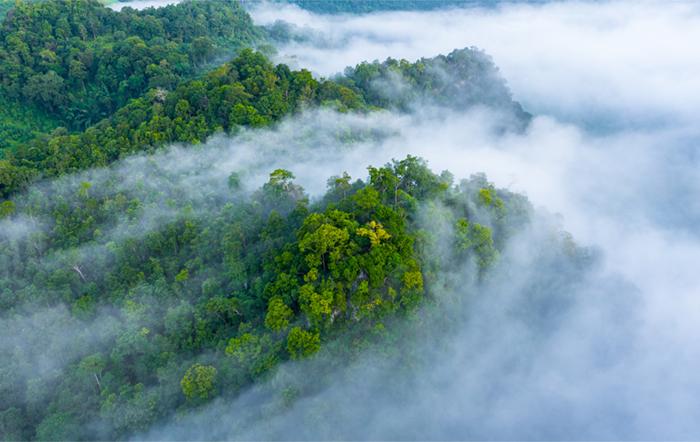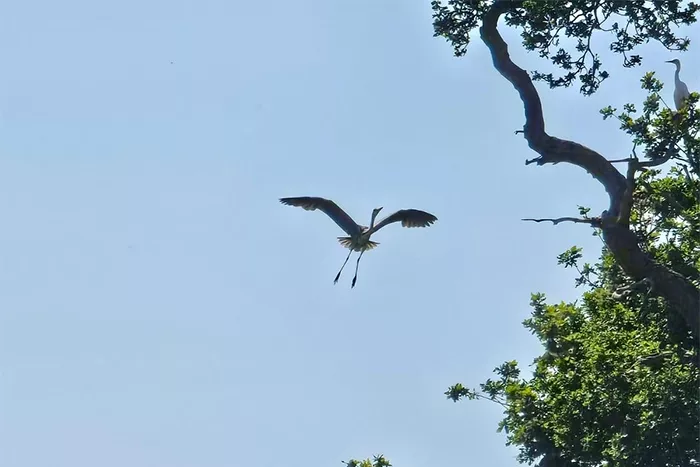Tabina Manzoor, a Kashmiri student, researcher, and environmentalist currently pursuing an MSc in Water Science, Policy, and Management at SoGE, served as a student co-moderator at Oxford’s recently concluded Right Here Right Now Global Climate Summit, where she also gave an opening address at the Sheldonian Theatre.
News
Brexit And Beyond with Professor Danny Dorling
Danny Dorling talks to 'UK In a Changing Europe' Director Anand Menon about the wealth and inequality gap in this country, how academics should communicate their findings to the wider world and the importance of using experts in a pandemic in this new Brexit and Beyond podcast.

Berlin's rent cap offers a new way of thinking about Britain's housing crisis
Alex Vasudevan explains why the UK must explore alternative policies to tackle its intensifying housing crisis in his newly authored opinion piece for The Guardian.

The next generation of food system leaders: IFSTAL teaching programme launches
The Interdisciplinary Food Systems Teaching and Learning programme (IFSTAL) gives students the skills to bring about change in the food system and tackle serious problems including malnutrition, food insecurity and environmental damage. More than 180 participants from around the world attended the online launch of the IFSTAL programme for 2020/21. Registration for the programme is free for current students.

Net Zero All-Party Parliamentary Group
A team from across the School of Geography and the Environment, including co-authors Byron Fay and Kate Cullen (alumna, MSc in Water Science, Policy and Management) from the Oxford Net Zero initiative, has contributed to the APPG Decarbonisation Report, 'Putting Net Zero at the heart of future UK Policy'. The report is backed by MPs and Peers from across the political spectrum and makes the case for urgent Government action to secure a low carbon future for the UK.
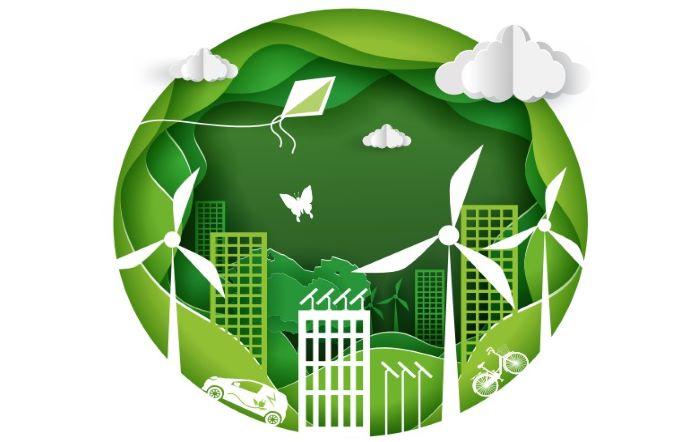
UK ash trees losing fight against deadly fungus
CGTN Europe News speaks with Cecilia Dahlsjo, researcher in ECI's ecosystems group. Deep inside Oxford's Wytham Woods, she oversees experiments to investigate the impact of ash dieback on the woodland ecosystem. [Image credit: Andrew Bailey www.baileymg.com]
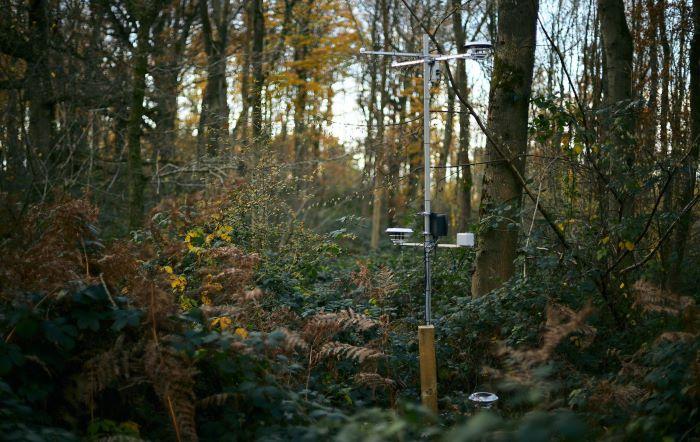
Filling the Grand Ethiopian Renaissance Dam
The Grand Ethiopian Renaissance Dam, currently under construction, has strained relations between Nile countries. New research, published in Nature Communications by a team including ECI's Kevin Wheeler, finds near-term concerns about the impact of dam on water availability for Egypt and Sudan are unlikely to materialise, but drought preparedness is essential and will require careful coordination. [Also covered by the Telegraph and Washington Post]
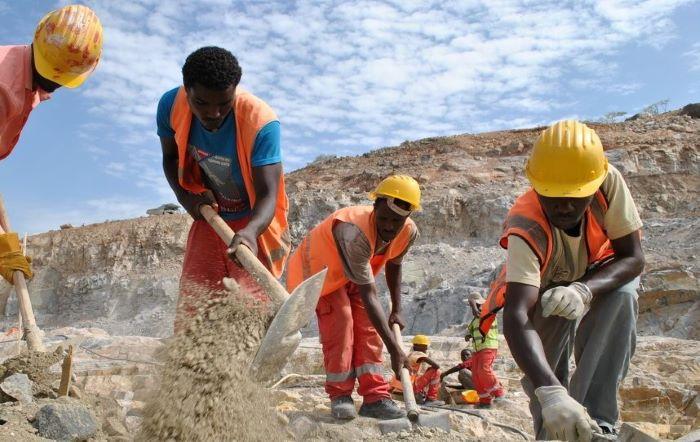
Professor Nick Eyre appointed Oxford City Council scientific adviser
Nick Eyre, professor of energy and climate policy at the Environmental Change Institute, has been appointed as Oxford City Council's first scientific adviser. He will support the Council and the city, as it continues to tackle the climate emergency and moves towards net-zero.

Heatwaves caused record deaths as Britain struggled with coronavirus
Heatwaves caused a record 2,556 excess deaths in Britain this summer as the country was struggling to contain the coronavirus pandemic, according to a new government estimate. Increasingly frequent and severe heatwaves are among the deadliest impacts of climate change, writes Reuters. Extensive media coverage includes comment and research from Friederike Otto on climate change attribution.

Net zero emissions targets are everywhere - we need to sort the genuine from the greenwash
2021 brings reasons for hope - not only the possibility of a Covid-19 vaccine, but the prospect of significant progress in addressing the climate crisis, write Stephen Smith and Tim Kruger in the Conversation. The UK government has just published a ten-point plan for getting to net zero emissions, while the election of Joe Biden heralds a welcome change in the direction of US climate policy. However, they caution, pledges alone won't achieve Net Zero.

Philanthropy Report highlights Food Climate Research Network
The role of philanthropy in helping to accelerate the vital work taking place at Oxford has been recognised in this year's University Philanthropy report. The report features work from Dr Tara Garnett, ECI researcher and leader of the Food Climate Research Network. Since 2005, the network has empowered decision makers to take effective action on food system sustainability. Read pages 16-17 to find out more.




